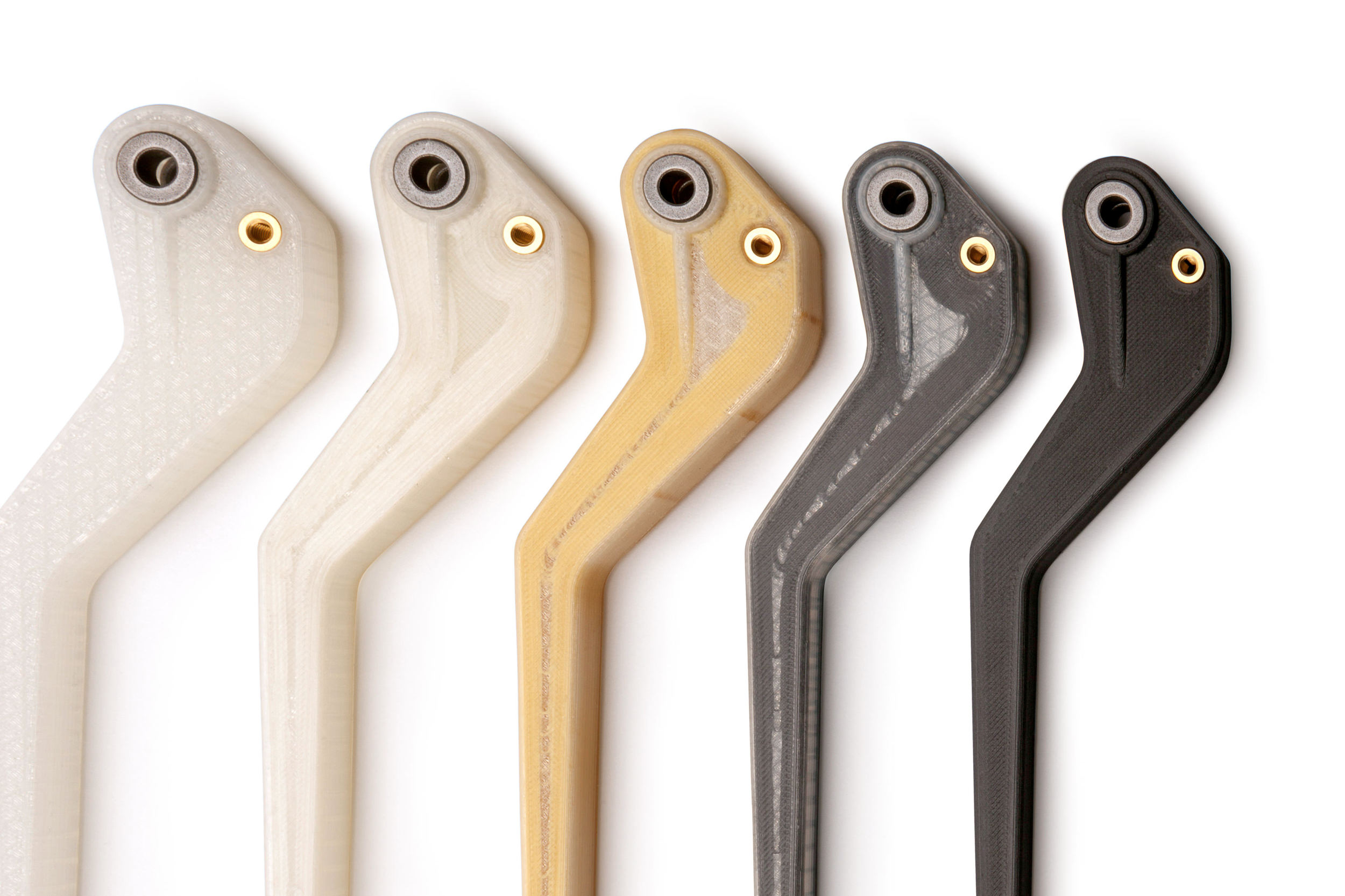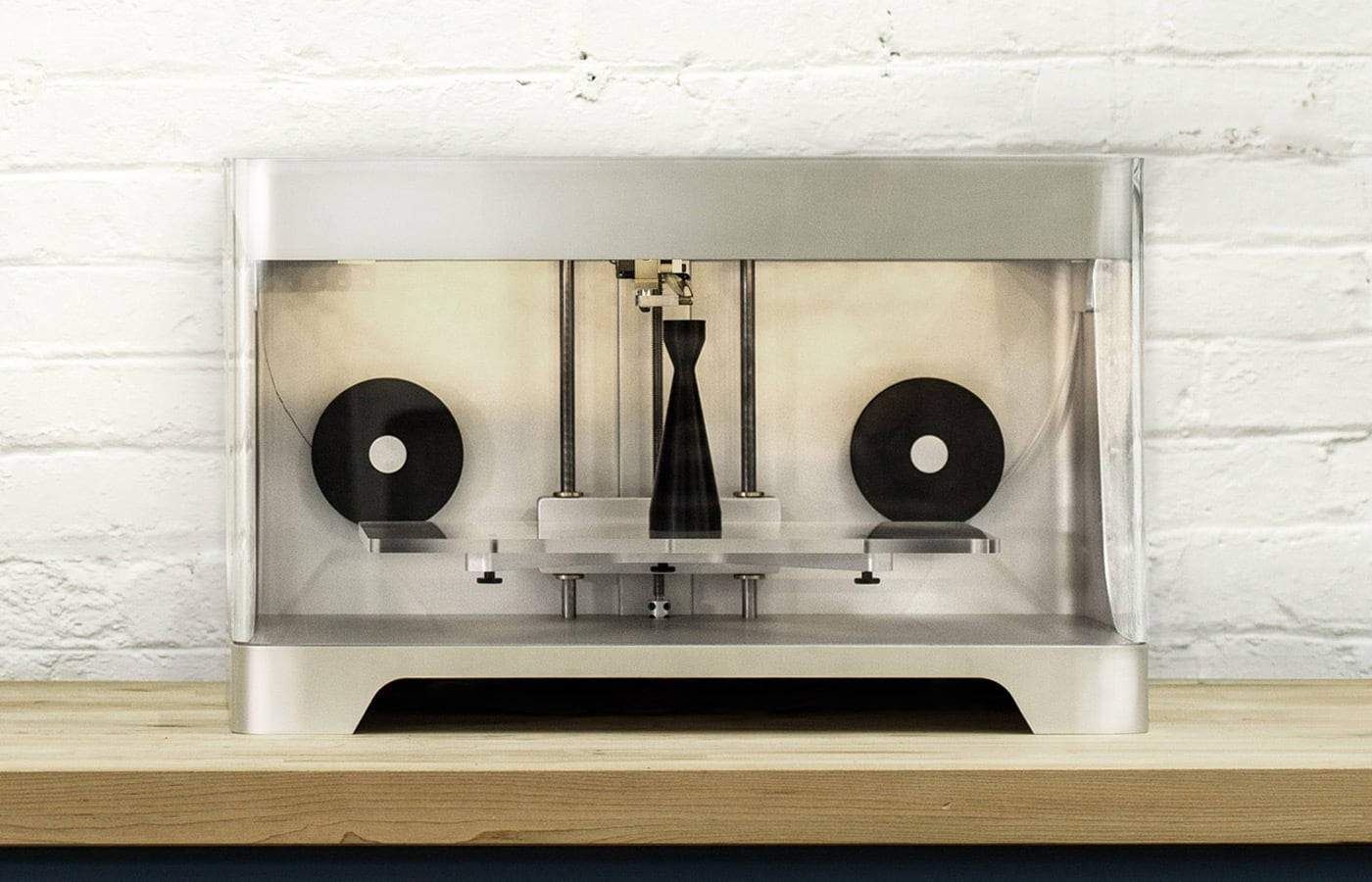
Hmm, my speculation about 3D Hubs’ intentions the other month seems to be continuing with their latest announcement of carbon fiber capability.
In the other post, 3D Hubs had announced the availability of PolyJet 3D printers, which are high-end industrial machines capable of incredible feats – but they are about as far as you can get from 3D Hubs’ genesis as a community of home 3D printer operators, with prices perhaps 100x as much to acquire them.
It was clear to me then that serious 3D print factories were plugging into 3D Hubs to leverage their customer market, likely hoping to pick up stray clients dissatisfied with the poorer quality prints one might get from inexpensive desktop equipment. Evidently 3D Hubs identified and negotiated with several such factories in different regions to suddenly announce a more-or-less complete network of PolyJet services for customers.
Now they’re doing it again, this time with completely different, but also commercial 3D printing equipment. They’ve partnered with several regional operations that provide access to Markforged’s Mark 2 professional 3D printer. The notable feature of this machine is that it can print selectively strips of carbon fiber directly into a nylon structure. Thus you can print extremely strong plastic parts. Markforged claims their prints can be as strong as aluminum.

Here’s what 3D Hubs says:
Upon launch, 3D Hubs has 17 certified providers based across Europe, the US, and Oceania shipping Fiber-Reinforced Nylon prints across the world. Our partner for launch is Markforged, who’s printers are used for this material group.
This adds another important capability to the 3D Hubs ecosystem. From a simple start with a collection of diverse desktop machines operated by hobbyists, the 3D Hubs network now includes a large number of professional operations running industrial equipment.
That’s a big change.
It also demonstrates that 3D Hubs knows where the money is these days: in professional prints, not hobby prints.
What will they incorporate next into their ecosystem? I suspect they’re quite busy talking to metal 3D printing operations, hoping to set that up for their customers. However, this could be a trickier thing to do, as there are a lot fewer metal 3D printers in the world. On the other hand, those with metal 3D printers might desperately want more business, too.
One of these days we’re going to be talking about 3D Hubs in the same breath as long-time 3D print services i.Materialise, Shapeways and Sculpteo.
Via 3D Hubs

